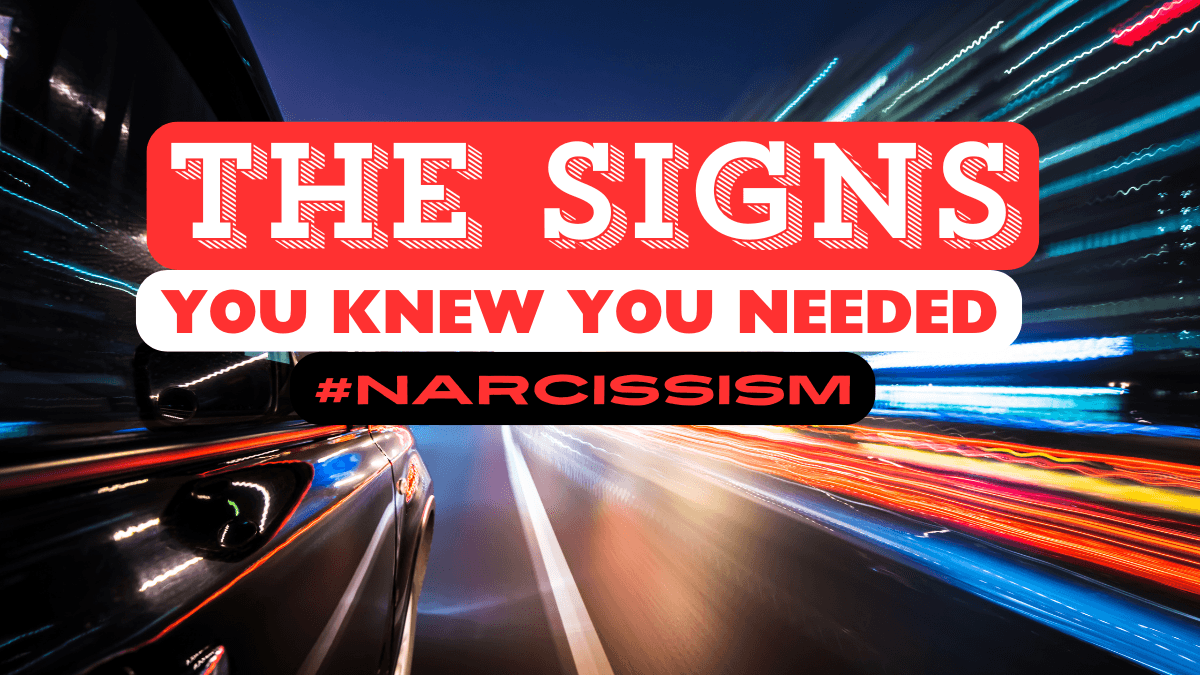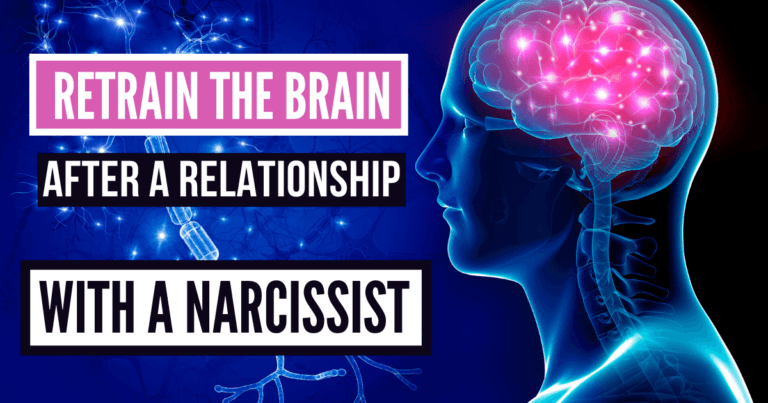10 Signs You're Dealing with a Narcissist: How to Spot the Red Flags
Dealing with a Narcissist?
Narcissism is more than just self-centeredness or vanity; it’s a complex personality disorder that can have profound effects on those who interact with a narcissist. Whether in a personal relationship, at work, or within your family, recognizing the signs of narcissism can help you protect yourself from emotional harm. This article will explore ten key signs that you may be dealing with a narcissist and provide insights into how to spot these red flags early on.
1. An Exaggerated Sense of Self-Importance
Narcissists often have an inflated sense of their own importance. They believe they are special and unique, deserving of admiration and privilege that others do not. This can manifest in their conversations, where they may dominate discussions about their achievements, often exaggerating their successes or talents. Narcissists expect constant praise and may react negatively if they don’t receive the adulation they believe they deserve. If someone in your life frequently puts themselves on a pedestal and dismisses the contributions or successes of others, this could be a significant red flag.
2. Lack of Empathy
One of the most defining characteristics of a narcissist is their lack of empathy. They have difficulty understanding or caring about the feelings and needs of others. This makes it challenging to have a mutually respectful and caring relationship with them. For example, if you express a concern or emotional need, a narcissist may ignore it, belittle your feelings, or turn the conversation back to themselves. Their inability to connect with others on an emotional level often leaves their partners, friends, or colleagues feeling undervalued and unsupported.
3. Constant Need for Admiration
Narcissists crave admiration and validation from others. This need is insatiable, leading them to seek out constant praise and recognition. They might fish for compliments or become upset if they feel they’re not receiving enough attention. In relationships, this can lead to emotional exhaustion for the other person, who may feel like they’re always trying to fill a bottomless well of neediness. Over time, this constant demand for admiration can become draining and frustrating, as it often comes at the expense of others’ emotional needs.
4. Entitlement
A strong sense of entitlement is another hallmark of narcissism. Narcissists believe they deserve special treatment, privileges, and whatever they desire without having to earn it. This can manifest in various ways, such as expecting others to cater to their needs without reciprocation or becoming angry when they don’t get their way. For instance, in a workplace setting, a narcissistic colleague might take credit for others’ work, expecting praise and rewards that they haven’t earned. This sense of entitlement often leads to conflict and resentment in relationships, as the narcissist’s demands and expectations are typically unrealistic and unfair.
5. Exploitation of Others
Narcissists often exploit others for their own gain, using people as tools to achieve their own goals. This exploitation can be subtle or overt but is always self-serving. For example, a narcissist might feign interest in someone only to use them to climb the social or professional ladder. They might manipulate situations to their advantage, with little regard for the impact on others. This behavior can be particularly damaging in close relationships, where trust is essential. Those who are exploited by a narcissist often feel used and betrayed once the narcissist no longer has any use for them.
6. Preoccupation with Fantasies of Unlimited Success, Power, or Beauty
Narcissists are often preoccupied with fantasies of unlimited success, power, brilliance, or beauty. They may daydream about being famous, powerful, or the center of attention, and they might expect others to recognize their imagined superiority. These fantasies can drive their behavior, leading them to make decisions based on their unrealistic self-image. For instance, they might pursue risky ventures or relationships, believing that they’re destined for greatness. This preoccupation can also make them dismissive of others’ achievements or critical of those they perceive as less talented or successful.
7. Arrogance and Superiority
Arrogance and a sense of superiority are common traits in narcissists. They often look down on others, believing themselves to be better, smarter, or more capable. This attitude can manifest in condescending behavior, where the narcissist dismisses others’ opinions, belittles their efforts, or speaks to them in a patronizing manner. In social situations, they may seek to establish dominance by belittling others or flaunting their perceived superiority. This arrogance not only alienates those around them but also creates an environment where others feel constantly judged and undervalued.
8. Envy of Others or Belief That Others Are Envious of Them
Narcissists are often envious of others, especially those who have something they desire, such as success, beauty, or relationships. At the same time, they may project their envy onto others, believing that others are envious of them. This duality can lead to a constant state of competition and resentment. For example, a narcissist might undermine a colleague’s success because they feel threatened by it, or they might interpret any criticism as jealousy. This envy-driven behavior can create toxic dynamics in both personal and professional relationships.
9. Inability to Accept Criticism
Narcissists struggle with accepting criticism, no matter how constructive or well-intentioned it might be. They often react defensively, with anger or denial, viewing any form of criticism as a personal attack. This inability to handle feedback makes it difficult for them to grow or improve, as they refuse to acknowledge their faults or shortcomings. In relationships, this can lead to conflict, as the narcissist may lash out or withdraw when faced with any form of critique. Their hypersensitivity to criticism often leaves those around them walking on eggshells, afraid to speak their minds.
10. Manipulative and Controlling Behavior
Manipulation and control are central to a narcissist’s interactions with others. They often use manipulation tactics, such as gaslighting, guilt-tripping, or playing the victim, to maintain control over relationships. This behavior is designed to keep others off-balance, unsure of themselves, and dependent on the narcissist. In romantic relationships, this might manifest as the narcissist trying to control their partner’s actions, decisions, or even thoughts, making them feel trapped and powerless. Over time, this manipulation erodes the other person’s self-esteem and sense of autonomy, leaving them emotionally drained and confused.
Conclusion
Recognizing the signs of narcissism is the first step in protecting yourself from the emotional harm that often accompanies relationships with narcissists. If you identify these red flags in someone you know, it’s important to set firm boundaries and protect your mental health. This might mean limiting your interactions with the person, seeking support from others, or in some cases, cutting ties altogether. While it can be challenging to navigate relationships with narcissists, understanding their behavior and taking proactive steps to protect yourself can help you maintain your well-being and emotional health.
Dealing with a narcissist can be exhausting and damaging, but by learning to recognize the signs, you can take the necessary steps to safeguard your mental and emotional health. Remember, it’s not your responsibility to fix a narcissist; your priority should be protecting yourself from their harmful behavior. Whether you’re dealing with a narcissistic partner, family member, friend, or colleague, understanding these red flags will empower you to make informed decisions about how to manage these challenging relationships.
dealing with a narcissist dealing with a narcissist dealing with a narcissist dealing with a narcissist dealing with a narcissist dealing with a narcissist dealing with a narcissist dealing with a narcissist dealing with a narcissist







